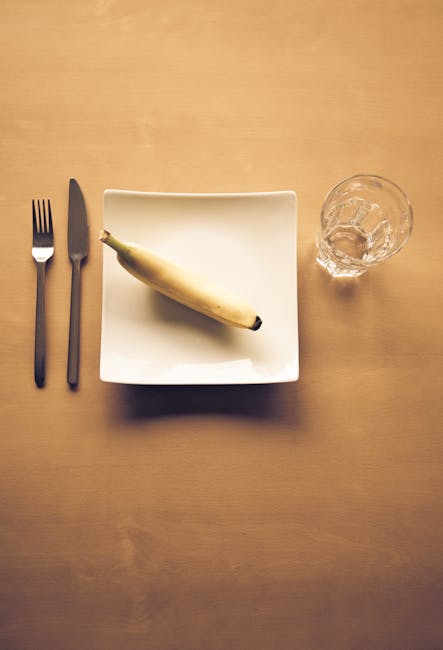Reclaiming my time from dieting.
For as long as I can remember, I've understood that being smaller was better.
Up until the age of 11 or 12, that was no problem for me. No one bothered me about my size. Then it happened.
I walked into my Aunt Marcelle's house for a visit after months of absence and before I could say anything, she looked me over and announced "Lena, you getting fat!"
I froze. It was a new sentence, for me. But one I'd hear more often as the years went on - From my Granny, from boys in the back of classrooms, from inside my own head when I saw myself in pictures.
My body was foreign and horrifying.
I've studied fat liberation for long enough to know now that even at my heaviest, and despite the noise I heard about it, I never reached the category of fatness that is soundly demonized and oppressed.
I was a "small fat."
I could fit into classroom desks and restaurant dining booths. No one took food out of my cart at the grocery store or stared at me while eating. I've never had to pay what the blogger Your Fat Friend calls a "fat tax" - like being forced to pay twice as much to fly because I have to buy a second seat on airlines.
Because of a culture that reifies a particular kind of thinness (along with whiteness, straightness, and able-bodiedness - more on the connections between those ideals in the future), the experience of feeling fat or even being called fat may be common. But the experience of being oppressed for body size is limited to "super fats" and "infinifats".
You know. The people blamed for all manner of social ills, whose bodies are called a health crisis? The ones it is socially acceptable to malign, "for their own good"? And to punish and restrict ourselves in hopes of avoiding becoming (or remaining) them?
It's easier to remember Aunt Marcelle's body policing rather than my own, but the anti-fatness I embraced toward myself certainly extended to other people.
The fact is, the mainstream body positive movement has helped more people like me to embrace our imperfect but still thin bodies. It has been slower to include the largest bodies, and a politic of fat liberation. It has been slower still to understand body size as a category of structural privilege and oppression.
I was slow to understand. In junior high and high school, I begged my mom to sign me up for Jenny Craig, or L.A. Weightloss, or one of the many other expensive diet centers available in my town. Losing weight was imperative. My doctors said so. (Based upon cultural fatphobia and the faulty measurement that is the BMI). My family said so. I would've spent anything to taste the right kind of thinness, but my family couldn't afford it so, I improvised. Makeshift diets would have to do. Enter printouts from the Mayo Clinic, freestyled restriction and undiagnosed eating disorders.
 |
| A fully anorexic "meal"
|


Comments
Post a Comment